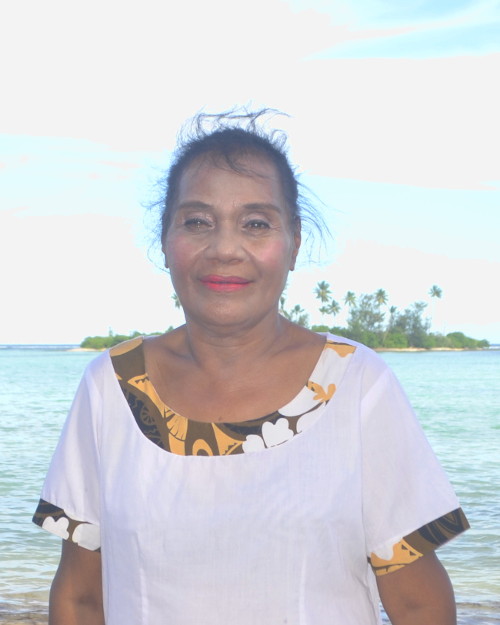How should IPPF engage in the climate change space?
Date: 17/11/2021
Registration
https://weareinnovision.zoom.us/webinar/register/WN_Zy91x3JbRy-wKQlRrrIAsQ
Date & Time
17th November 21:00 CET, 20:00 GMT, 15:00 EST, 18th November 10:00 LINT
Languages
Interpretation will be available in Arabic French, English and Spanish
Host
The Danish Family Planning Association (DFPA)
Summary
In March 2021, the IPPF board adopted the IPPF Position Paper on the Climate Crisis and Sexual and Reproductive Health and Rights, thereby taking a stand in ongoing discussions about how to approach the interlinkages between SRHR and the climate crisis. It is time to turn from position to action.
According to the position paper, IPPF will engage in the following overall activities;
- Strengthen the evidence base on the interlinkages;
- Support and advocate for SRHR as critical for climate adaptation and resilience;
- Champion human rights and gender equality in climate action;
- Build partnerships; and
- Reduce IPPF’s own carbon emissions, and call on high-emission governments to a) reduce their emissions and b) provide financial and other types of support to low-income countries suffering from the effects of the climate crisis in their efforts to respond and adapt to the climate crisis.
How would MAs like to see the Federation operationalize and prioritize these activities at local, national, and global levels? And what are the analyses and recommendations of stakeholders beyond the federation in terms of IPPF’s advocacy and engagement in the integrated SRHR and climate crisis space?
Moderator

Ida Klockmann is a Policy Advisor and Technical Focal Point on Climate Change with the Danish Family Planning Association. She represents the DFPA in the SRHR and Climate Justice Coalition and co-led the process of developing the Issue Brief on Climate Justice and SRHR including key demands for COP26 on behalf of the coalition and the Women and Gender Constituency.
Roundtable Participants

Dr. María José Cisneros, is a young medical doctor and activist, currently working as Partnership Manager for a Medical Education Platform (AMBOSS GmbH) and as a researcher in the “Universidad Internacional del Ecuador”. She has been a representative for medical students worldwide in different forums such as the CSW under UN Women and COP under the UNFCCC. She is serving her second year as a focal point for Migration and Health within the Major Group for Children and Youth, where she has worked on a number of transversal topics such as Sexual and Reproductive Health and Rights, and Climate Change. This year she is a member of the UNFPA Joint Youth Working Group on Population, SRHR and Climate Change.

Dr Heather McMullen is currently a lecturer in the Centre for Global Public Health in the Institute of Population Health Sciences, Queen Mary, University of London. She leads on the partnership agreement between the University and UNFPA exploring the intersection between climate change and SRHR, as part of which she was the lead author on this report reviewing the inclusion of SRHR in national climate policy released by UNFPA in July 2021.

As Senior Program Manager, Tara Daniel leads WEDO’s portfolio of work on feminist climate finance, supports women’s participation and leadership in climate negotiations, and advocates for gender-responsive climate policies, particularly working with the Women and Gender Constituency. Tara draws from her interdisciplinary background, including dual Master’s degrees in Sustainable Development and Conservation Biology (M.S.) and Public Policy (M.P.P.) from the University of Maryland, for her feminist analysis and advocacy. A strong advocate for sexual and reproductive health and rights, Tara is proud to have facilitated the strategic planning process of the New Jersey Abortion Access Fund and currently serves as an Advisory Board member for the WORTH Initiative.

Norma Yeeting, Executive Director of Kiribati Family Health Association, the IPPF MA in Kiribati since 2010. She previously worked as a consultant and held positions as Senior Economist in the Kiribati Ministry of Finance and Economic Development and in the Ministry of Environment Lands and Agriculture Development.
